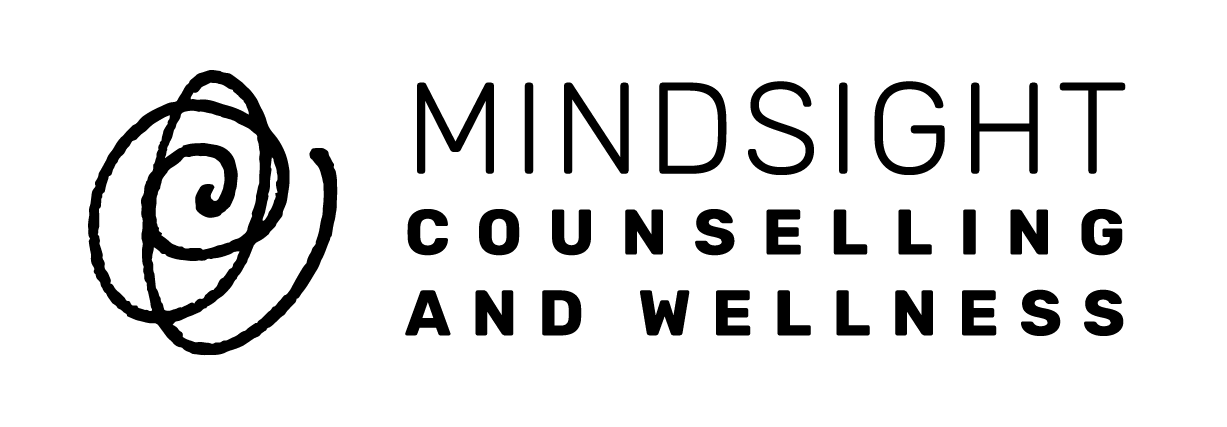The frequency of counselling
Clients sometimes wonder how often they should attend therapy. Sometimes people want to come every three weeks, every month, or just whenever they feel like it. This may be due to a time issue, a financial constraint, or maybe even because therapy can be hard sometimes.
Research demonstrates that weekly therapy is most effective, followed by bi-weekly. Research does not support less frequent therapy as any more beneficial than chance. One supervisor advised me that starting out in counselling by attending every three weeks or monthly is like throwing money away. To experience progress, a client is most likely to benefit when they commit to a period of regular weekly or bi-weekly sessions. This article describes a study that supports this recommendation:
The Relationship Between Session Frequency and Psychotherapy Outcome in a Naturalistic Setting
by David M. Erekson, Michael J. Lambert, and Dennis L. Eggett, Brigham Young University
(Unfortunately this article is behind a paywall, but one may access it through a university or library if desired. You can read the abstract at this link.)
Once a client has gone through a course of therapy and experienced progress in the areas they came in for, they may then benefit from less frequent visits that can be thought of as "check-ins" or "boosters”.
Clients tend to feel some progress in reaching their counselling goals in approximately ten sessions, but this obviously varies depending on the person and their goals.
The research does not tell us exactly why more frequent sessions are better, but here is how I interpret it:
Regulars snapshots
Both the counsellor and the client need to be able to get regular snap shots of your experience as you go through life in order to see what changes, what works, and what feeling good is like. The regularity allows us to see patterns.
It is kind of like sit-ups. Doing sit-ups just once in a while will not strengthen those muscles. Therapy needs to occur regularly for best results, not just when a crisis occurs or when you feel like it. We both need to experience you in your ups and downs of life in order to reflect on them and make changes.
Developing a strong relationship
When therapy is not regular it is much harder for both therapist and client to form the therapeutic relationship. It is harder to form a bond and get to know each other well when a significant amount of time goes by in-between sessions. The benefit of therapy relies heavily on the relationship being a strong and trusting one. Counselling is not magic. It takes time to get to know you and your story, and it takes time for you to feel trust and safety. Frequency helps this happen more quickly and solidly. The therapeutic relationship is the most important tool in therapy. Otherwise you would do it all by yourself.
Don’t get me wrong here though: you can do lots of excellent therapeutic work by yourself! Therapy is adding on to the good work you do on your own. In fact, readiness for therapy is a big predictor of counselling’s success.
Memory
Another reason to come to counselling regularly for a chunk of time is simply logistical: counsellors are only human! It is difficult to remember clients’ stories over long spans of time. Yes, we take notes, but they are rather sparse because we need to focus more on you and less on taking notes. The continuity is important in all relationships, even in — maybe especially in — the relationship with your counsellor.
Catch-up tendency
One thing that tends to happen when clients come to therapy infrequently is that they tend to overcompensate by trying to fit too much in — they want to “catch up”. This can leave very little time for additional work, interventions, reflection time, identifying of patterns, and can mean the sessions may feel rushed. This important inner work takes time. “Catching up” takes up most of the time.
It is still your choice
It is part of my responsibility as a counsellor to let clients know about the limitations of coming to counselling infrequently. While this is the widespread recommendation, it is still your choice. I believe it is best for you to make an informed, conscious choice.
Committing to counselling
Committing to counselling is a commitment to your own personal growth as a person. Yes, it takes time, energy, financial investment, emotional work, driving time, parking costs, scheduling, etc. You have to ask yourself: what price will I pay to feel differently about myself and my life?
When all that feels worth it and you say to yourself “I really want to feel different than I do now”, then you will know that you are ready for counselling.
About the author:
Laurel is a Registered Clinical Counsellor offering therapy in Vancouver.
Reach out for help! Get in touch for a free 20 min phone consult. 608-868-4838

